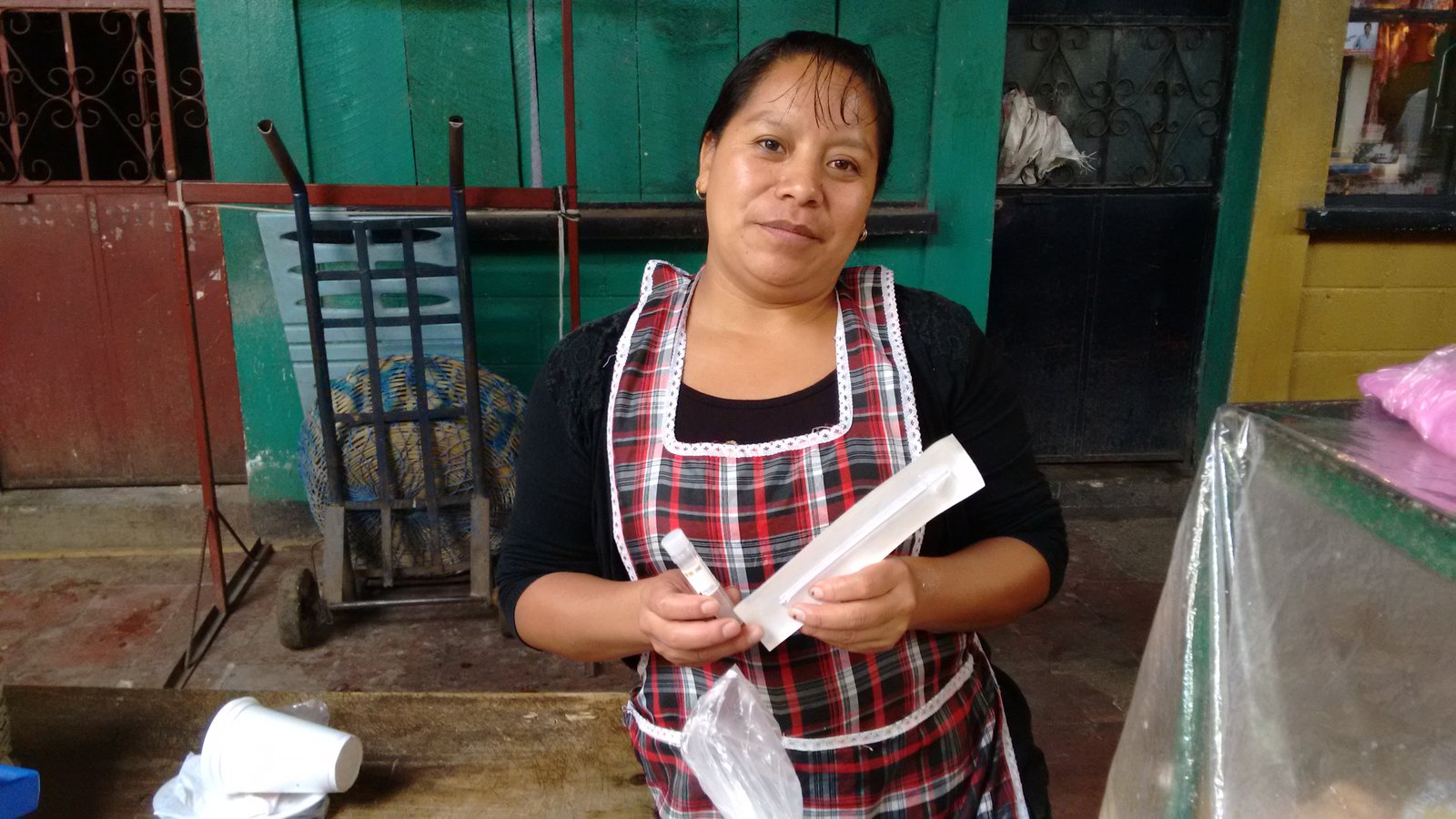International Women’s Day is a day of celebration and activism. It is a time to reflect on and acknowledge the outstanding contributions of women across the globe. It’s also a time to build on the progress made and push toward greater health equity and gender equality.
As we usher in this new decade, we stand ready to achieve unprecedented progress for women and girls if we seize the opportunities presented by new innovations and social movements.
At the same time, we recognize that harmful gender norms persist, and far too many women have insufficient access to information, products, and services that they need to manage their health. Women and girls still face unacceptably high levels of preventable illness and death related to unintended pregnancies, unsafe deliveries, cancers detected far too late, HIV, and other sexually transmitted infections.
As a global health organization, PATH works to accelerate health equity by bringing together public institutions, businesses, social enterprises, and investors to solve the world’s most pressing health challenges. We seek to level the playing field so that good health is in reach for all; particularly women.
At PATH, we continue to work as women around the world have done for decades: with optimism, perseverance, and grit.
We believe that sexual and reproductive health is a fundamental pillar of women’s rights and essential for women’s empowerment. Our work to improve the sexual and reproductive health of women stretches back to our inception in 1977, when PATH was founded to improve the quality of and accessibility to contraceptive products. Over the last four decades, we have continued to build on that foundation, developing a range of tools and technologies that enable women and their partners to meet their reproductive health needs. We work with governments, private sector entities, and civil society partners to ensure that innovations reach those who need them most. Our current work includes efforts to prevent cervical cancer, interventions to expand contraceptive method mix, and strategies to increase access to HIV services through HIV self-testing.

A woman in Guatemala holds a vaginal self-sampling kit for cervical cancer screening. Photo: PATH/Xiomara Celeste González
Many of these interventions enhance a woman’s ability to manage her own health—or self-care. PATH’s work on self-care is grounded in the belief that women and girls should have self-determined choice about their health and their bodies. We’re partnering with governments around the world to make this a reality. For example, in Senegal this month, PATH, the Ministry of Health, the Self-Care Trailblazer Group, and partners are identifying opportunities to leverage the transformative potential of self-care interventions to increase individuals’ autonomy, strengthen Senegal’s health system, and ultimately pave the way toward universal health coverage.

Self-care technologies: Caya diaphragm, Woman's Condom, vaginal self-sampling brush for cervical cancer screening, subcutaneous DMPA (DMPA-SC). Photo: PATH
Our self-care work encompasses three D's:
- Democratization of information so that women and girls have access to reliable evidence-based information in a language and format they can understand and use,
- Demystification of health services and systems so that women know where, when, and how they and their families can access health services, and are supported to navigate through cumbersome and complex systems, and
- Demedicalization of products and services as appropriate, safe, and warranted. All too often providers and other gatekeepers hold the locus of control over women’s health. Removing unnecessary medical barriers while ensuring safe access to an appropriate range of health technologies is a step in the right direction.
This is a critical decade for women, gender equity, and health around the world. We must persist in our collective actions to ensure that sexual and reproductive health and rights are advanced everywhere and for everyone.
International Women’s Day is rooted in the centuries-old struggle of women to participate in all aspects of society on an equal footing with men. At PATH, we continue to work as women around the world have done for decades: with optimism, perseverance, and grit.



